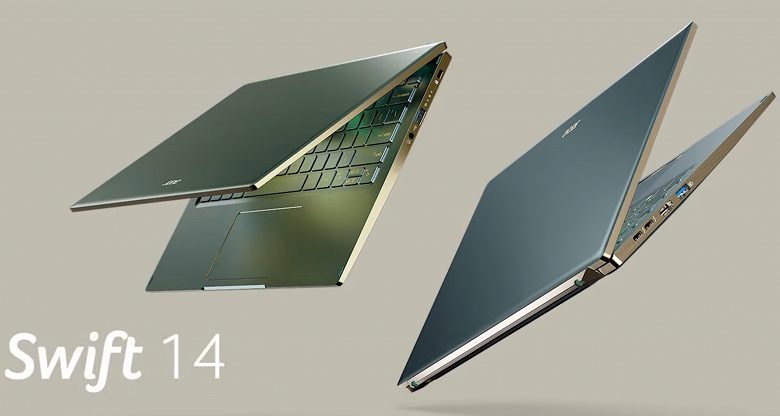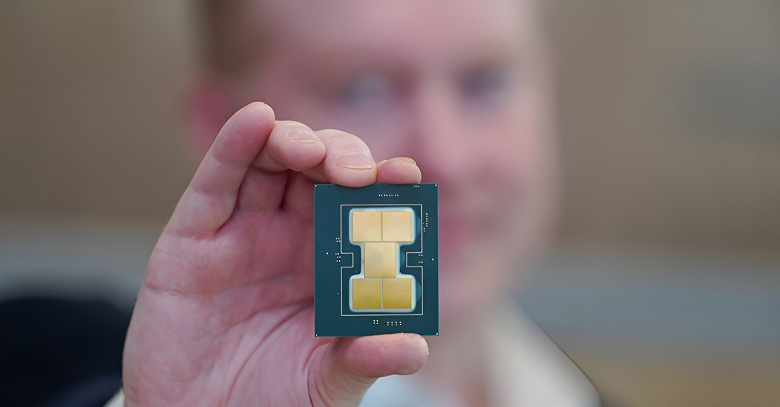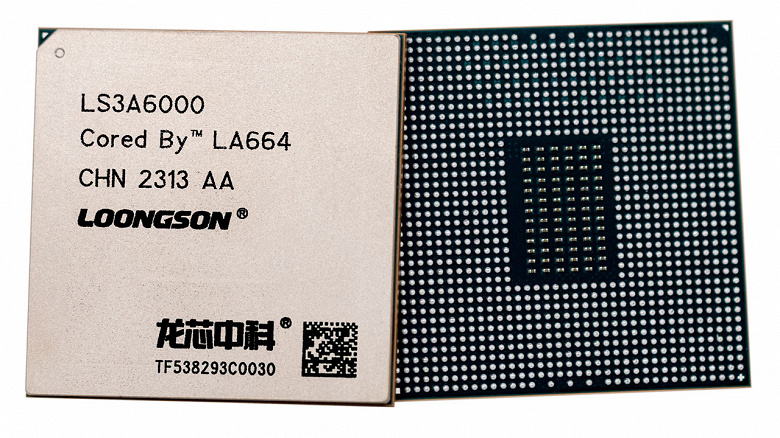Core i5-11600KF and Core i5-11400F benchmarks published: hot and not yet optimized
One of the Chinese enthusiasts from the ChipHell forum tested two Intel processors of the future Rocket Lake-S series – the Core i5-11600KF and Core i5-11400F models. Both chips have 6 cores and 12 threads, lack the integrated Intel Xe graphics core, and the former supports manual overclocking.









